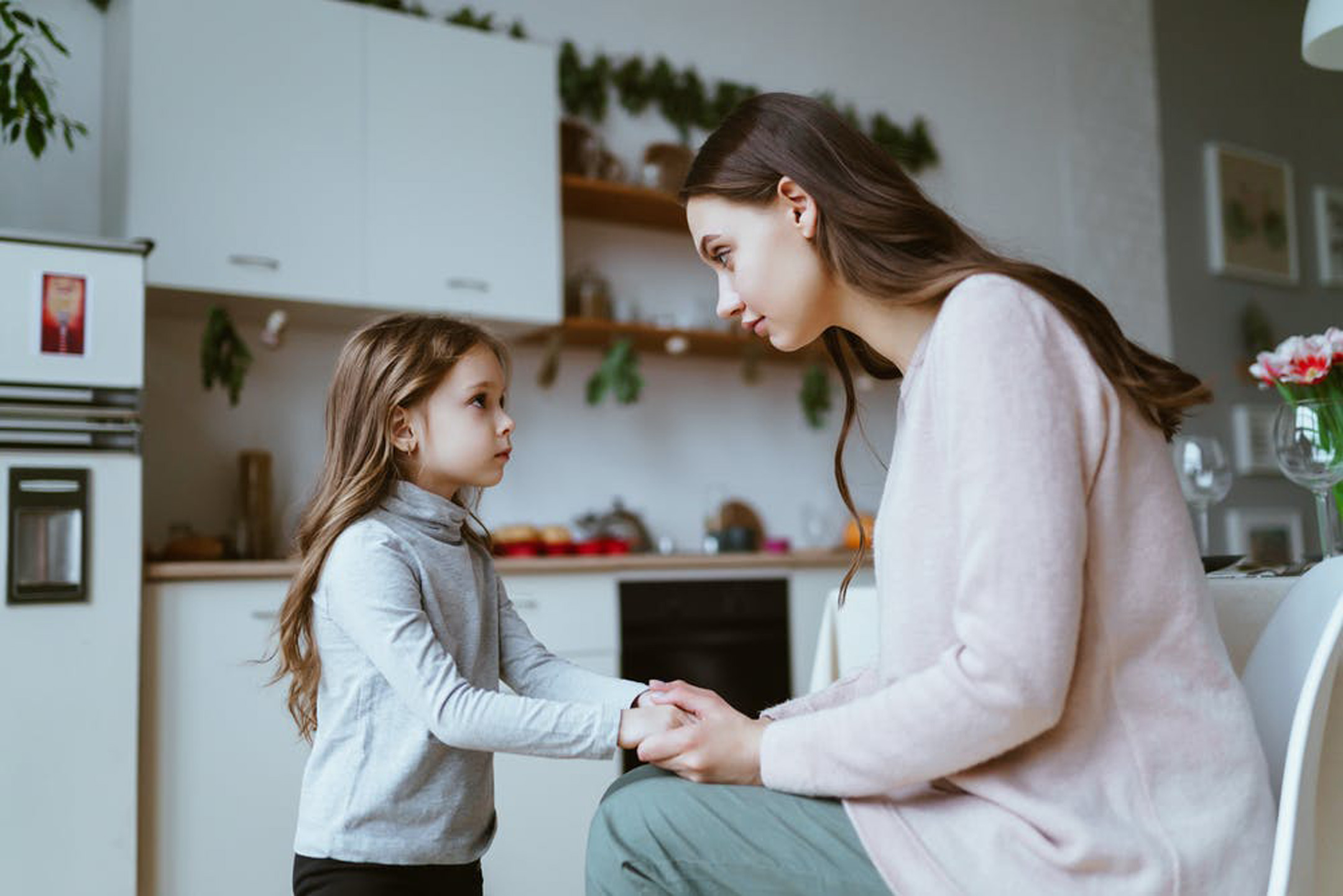
08 Sep Helping kids cope with distressing news events
A new National Poll conducted by the Royal Children’s Hospital Melbourne reported that it is common for Australian children to be distressed after being exposed to news coverage, yet many parents are not confident discussing distressing news with their children.
With today’s 24-hour news cycle, children are often exposed to news coverage, from many different parts of the world.
Younger children might see or hear news when adults have the TV or radio on, and older children often directly view media online. This means children can easily be exposed to distressing content, such as natural disasters, terrorism, war or violent crimes. Exposure to traumatic news can lead children to feel confused, distressed or anxious.
Key findings
The Royal Children’s Hospital National Child Health Poll asked Australian parents a series of questions about their experiences in relation to their child’s exposure to distressing news. The key findings were:
- Almost one third (29%) of children have been upset or distressed about news in the media in the past three months.
- Primary school aged children are most commonly affected by distressing news in the media.
- Half of all children upset by news coverage experienced this multiple times in the past three months.
- Only half of parents (53%) are confident talking about distressing news with their children.
Tips for parents
- While it may not be possible or appropriate to shield your child from all media reporting, monitor how much they are watching and try to minimise exposure to avoid your child becoming overwhelmed.
- Where possible, watch coverage of news with your child. This way you can give context to help them understand the event and provide reassurance.
- Try to move on to a new activity that your child enjoys to distract them from dwelling on the bad news story.
- If distressed, keep to your family’s daily routine, make sure your child continues to eat well, get plenty of sleep and exercise regularly, as children feel more secure in predictable surroundings.
Resources
- RCH Kids Health Info factsheet – Discussing distressing news events for children
- 8 ways to help kids cope with natural disasters
- Raising Children Network – Disaster news and distressing news events: supporting children 2-5 years, Disaster news and distressing news events: supporting children 6-11 years, Disaster news and distressing news events: supporting teenagers
- ABC News – How to cope with traumatic news
- First Five Years – Helping children cope with bad news

